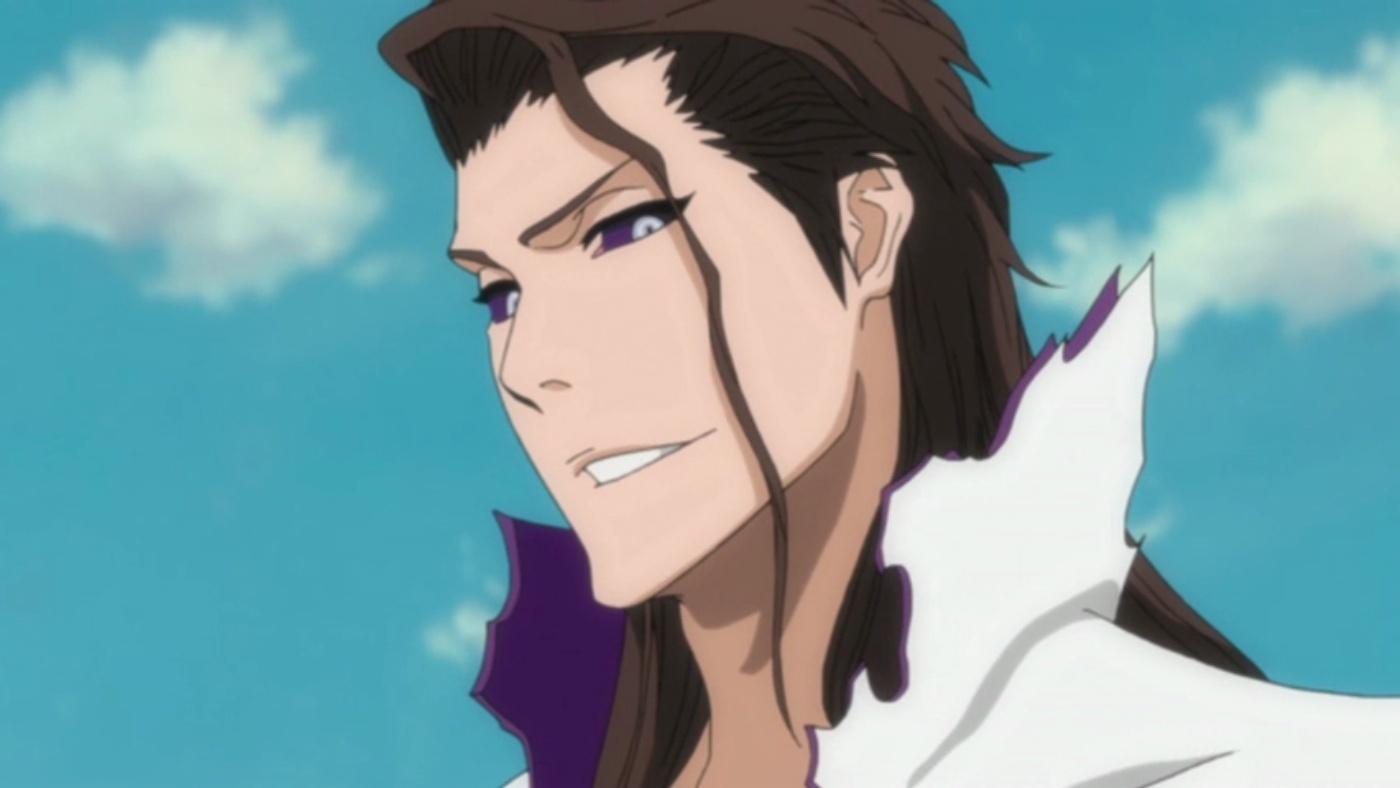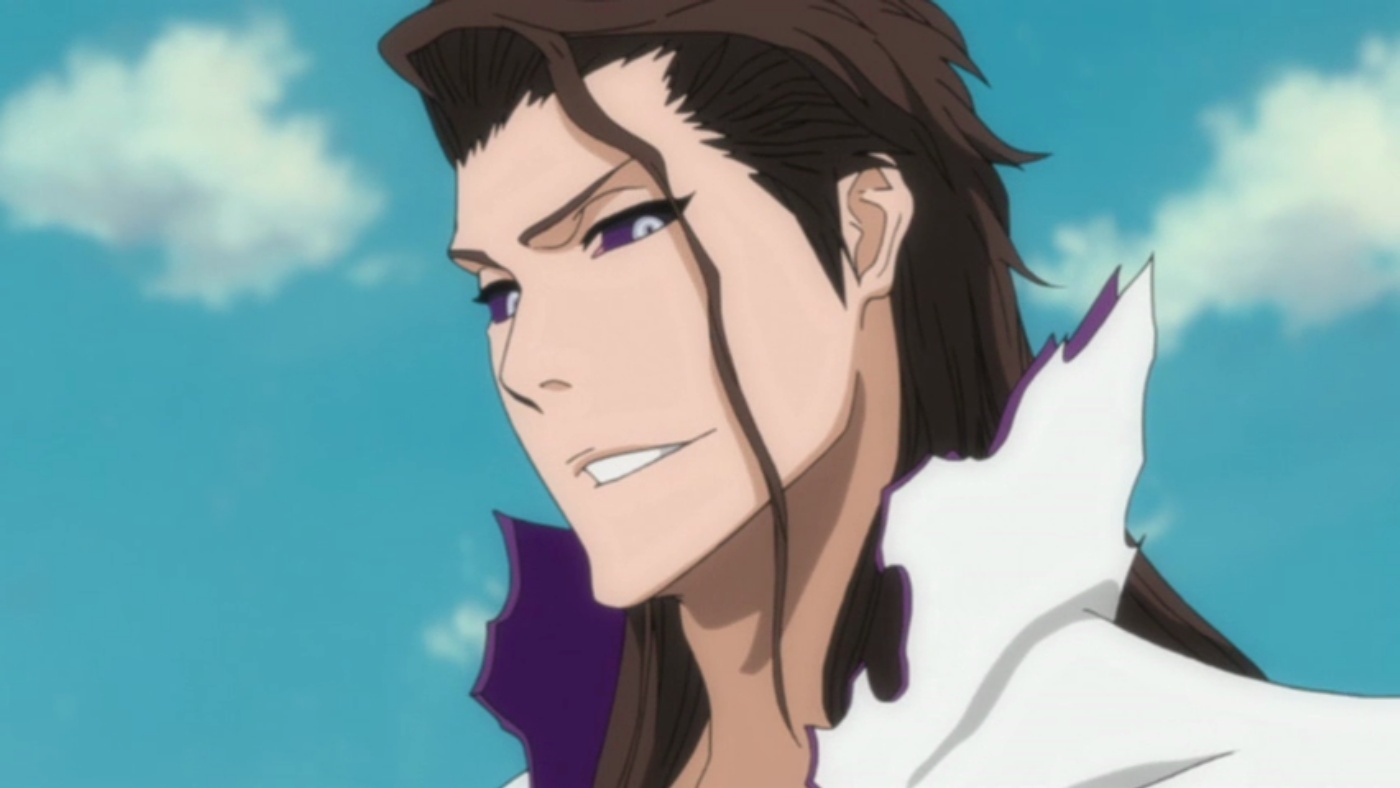Finding Hidden Meanings in Aizens Actions in Bleach Anime
Aizen Bleach Anime is a character that stands out for his cunning intelligence and manipulative behavior. His actions throughout the series are often layered with deeper meanings, creating a complex web of motivations and goals that challenge the audience’s understanding of morality, power, and ambition. As we delve into the intricacies of Aizen’s character, we uncover not just a villain but a philosophical enigma that invites viewers to reflect on their own perceptions of good and evil.
The Duality of Aizen’s Character
Aizen’s character is defined by a striking duality; he embodies both the archetypal villain and a nuanced figure questioning the nature of existence itself. This complexity adds depth to his actions, providing fertile ground for analysis.
>>> Buy now: Aizen Bleach Anime Fan Gift Idea Mn05 Air Jordan Shoes Sport Sneakers
Aizen as the Mastermind
Aizen’s role as a mastermind is perhaps the most recognizable aspect of his character. From the very beginning, he orchestrates events from behind the scenes, guiding others like puppets to fulfill his grand scheme.
This element of Aizen’s character stretches beyond mere villainy; it illustrates a profound understanding of human psychology. He exploits characters’ weaknesses and insecurities, demonstrating an insight into the human condition that few other characters possess. For instance, Aizen’s manipulation of Ichigo and the other Soul Reapers reveals a stark understanding of their desires and fears. It prompts an examination of whether true evil lies in the acts themselves or in the understanding of what drives individuals to those acts.
Moreover, Aizen’s strategic brilliance can be seen in how he plans several steps ahead, showcasing a chess-like mentality in his approach to conflict and challenges. Each action he takes appears calculated, which raises questions about the inherent unpredictability of human behavior. Are people merely pieces on a board, or do they hold agency in a world dominated by deceptive masterminds?
The Philosophical Undertones of Aizen’s Actions
Beyond his immediate schemes, Aizen’s actions reveal broader philosophical implications concerning fate and free will. His ambition transcends simple domination; it reflects a desire to create a new reality.
For Aizen, becoming a god is not just about power but about redefining existence itself. In this pursuit, he challenges traditional notions of hierarchy within the Soul Society and the balance of power in the universe. His quest for a new order raises existential questions—if one could reshape reality, what would humanity lose in the process? Would such a transformation lead to true liberation or enslavement under a different master?
His dialogues often touch upon themes of destiny versus choice, suggesting that each character’s path is influenced heavily by their choices and the circumstances surrounding them. Aizen forces viewers to confront the uncomfortable truth about determinism: that while we may believe ourselves to be free agents, our choices are shaped profoundly by external influences.
The Complexity of Morality in Aizen’s World
In Bleach, Aizen embodies the blurred lines between good and evil, forcing viewers to grapple with their own moral compasses.
Aizen operates under a personal code that elevates his actions beyond villainy; he sees himself as a liberator, freeing souls from what he perceives as an oppressive system. This perspective creates a clash with the protagonists, who view him solely as a threat. The conflict provokes thought regarding the nature of morality itself—can a villain be justified if their motives stem from a desire to enact change?
Critically analyzing Aizen’s impact on other characters, particularly Ichigo, offers further insights into moral relativism. Throughout the series, Ichigo wrestles with the implications of Aizen’s philosophy, which ultimately leads him to question his own beliefs and choices. This interplay signifies that Aizen’s role in the narrative serves as a catalyst for character development rather than merely functioning as an antagonist.
Aizen’s Manipulation of Relationships
One of the most intriguing aspects of Aizen’s character is his ability to manipulate relationships, using them as tools to advance his goals. This manipulation comes in various forms, revealing both the fragility of trust and the potency of deception.
Exploiting Loyalty and Trust
Aizen’s interactions with his allies and subordinates highlight the depths of his manipulative nature. He cultivates loyalty through charisma and intelligence, but ultimately, these relationships serve his ambitions rather than any genuine connection.
For example, characters like Gin Ichimaru and Kaname Tosen illustrate the precariousness of loyalty in Aizen’s world. Although Gin appears to be loyal to Aizen, his true intentions remain ambiguous until the end, showcasing the thin line between allegiance and betrayal. Aizen’s ability to manipulate emotions creates a breeding ground for distrust within his ranks, leading to a collapse of relationships that he carefully constructed.
Furthermore, Aizen’s relationship with Orihime Inoue provides another compelling example. By preying on her insecurities and naivety, Aizen twists her loyalty to suit his purposes. This not only underscores his villainous nature but also highlights the tragic consequences of misplaced trust. Audiences are left contemplating the extent to which relationships can be fabricated and manipulated, challenging the sanctity of emotional bonds.
The Role of Betrayal in Aizen’s Journey
Betrayal serves as a recurring theme in Aizen’s narrative, effectively underpinning his rise to power. His betrayal of the Soul Society catalyzes a series of catastrophic events, revealing the vulnerability of the institution built on trust and camaraderie.
Aizen embodies the ultimate betrayal—the one committed against those who believed in him. His actions incite chaos, resulting in significant repercussions for all involved. This act of treachery consequently sparks a reevaluation of loyalty across the cast, forcing characters to assess the reliability of their alliances. This conundrum echoes throughout the series, emphasizing that betrayal can come from unexpected places, shattering preconceived notions of loyalty.
The ramifications of Aizen’s betrayal reverberate far beyond personal relationships. It serves to critique the foundations of power structures, revealing vulnerabilities in systems predicated on trust and unity. Aizen’s ascent showcases the fragility of governance when undermined by deceitful individuals, resonating with real-world scenarios where betrayal leads to systemic collapse.
The Fragility of Human Connection
Aizen’s manipulation of relationships brings forth an essential commentary on the fragility of human connections. His actions expose the underlying insecurities that drive individuals to forge alliances based on superficial gains rather than authentic bonds.
Characters often grapple with feelings of alienation and mistrust, reflecting the impact of Aizen’s machinations. For instance, when Aizen deceives his closest allies, it serves as a reminder of how easily trust can be weaponized. This theme resonates deeply within the narrative, unraveling the fabric of relationships in favor of ulterior motives.
Moreover, through Aizen, the series explores the idea that meaningful connections are inherently vulnerable. In a world rife with ambition and deceit, establishing genuine relationships becomes increasingly challenging. Aizen stands as a testament to the notion that even the most powerful can be left isolated, driven by fear of betrayal and loss.
Aizen’s Impact on the Narrative Arc
The presence of Aizen shapes the overarching narrative of Bleach, influencing character development and thematic exploration at every turn. His actions, motivations, and philosophies intertwine with the journey of the main characters, creating a rich tapestry of conflict and transformation.
Aizen as the Catalyst for Character Growth
Aizen’s role as an antagonist propels the narrative forward, serving as a catalyst for growth among key characters, particularly Ichigo Kurosaki. Their encounters serve as a crucible, testing Ichigo’s ideals and pushing him beyond his perceived limits.
Through his confrontations with Aizen, Ichigo grapples with the concepts of justice, duty, and sacrifice. Aizen serves as a mirror, reflecting Ichigo’s struggles, insecurities, and evolving understanding of strength. This dynamic not only enriches Ichigo’s character arc but also emphasizes the necessity of conflict in fostering personal growth.
Additionally, Aizen’s influence extends to characters like Renji Abarai and Rukia Kuchiki, who must confront their own beliefs and confront the reality of their choices in the face of Aizen’s manipulations. The setbacks they experience in their battles against Aizen force them to reevaluate their motivations, reinforcing the notion that adversity can yield significant self-discovery.
Thematic Symbolism of Aizen’s Ambitions
Beyond characterization, Aizen embodies larger thematic elements of the series, particularly the tension between order and chaos. His ambition to become a god symbolizes the struggle for control over one’s destiny amidst the unpredictable forces of existence.
Aizen’s pursuit of power reflects humankind’s innate desire to impose structure on an inherently chaotic universe. By attempting to redefine reality, he embodies the struggle between autonomy and submission, simultaneously evoking admiration and disgust. His lofty aspirations prompt audiences to consider the price of power—what is the cost of attempting to become godlike?
This thematic exploration culminates in Aizen’s final confrontation with Ichigo, where the clash transcends physical combat, evolving into a battle of ideologies. The two opposing forces represent contrasting views on power: Ichigo fights to protect the fragile connections between individuals, while Aizen seeks dominion over those connections. This ideological conflict encapsulates the essence of Bleach, where battles are fought not just with swords but with convictions.
Aizen’s Philosophical Legacy
Aizen’s legacy extends well beyond his defeat; it permeates the fabric of the series, leaving a lasting impact on the world of Bleach. His philosophical musings resonate with the characters long after his fall, prompting ongoing reflections on power, freedom, and the boundaries of ambition.
Post-Aizen, characters continue to grapple with the implications of his ideology, frequently returning to questions he posed during his time. The scars left by his manipulation and betrayal linger, shaping the way characters perceive their roles in a world rife with uncertainty.
Aizen’s philosophical legacy ignites discussions about authority and the ethics of leadership, encouraging characters to forge their paths rather than blindly follow prescribed norms. Through Aizen’s actions, Bleach presents a cautionary tale about the allure of power and the sacrifices entailed in the pursuit of greatness, reinforcing the message that true strength lies in connection rather than isolation.
>>> Read more: Analyzing Akatsuki Itachi Naruto’s Legendary Moves
In conclusion, Aizen’s character in Bleach represents a multifaceted exploration of ambition, morality, and the complexity of human relationships. His manipulative nature, philosophical undertones, and profound impact on the narrative invite viewers to analyze the intricate layers of his actions and the ripple effects they create throughout the series. Aizen Bleach Anime is not just a villain but a mirror reflecting the darker sides of ambition and the delicate balance of trust that defines human connections. His legacy continues to resonate, challenging us to confront the hidden meanings within our own lives and the choices we make in the tangled web of existence.



